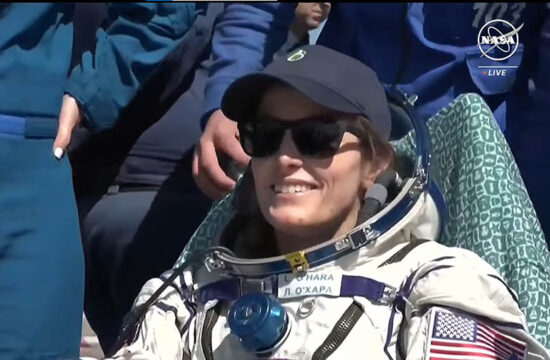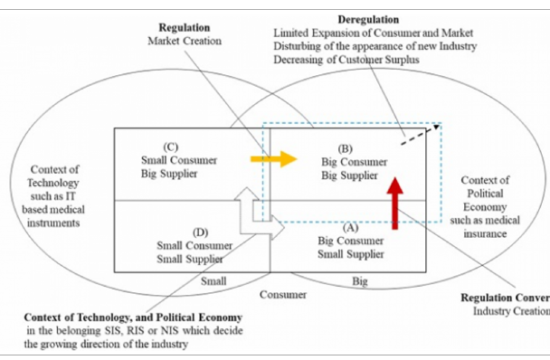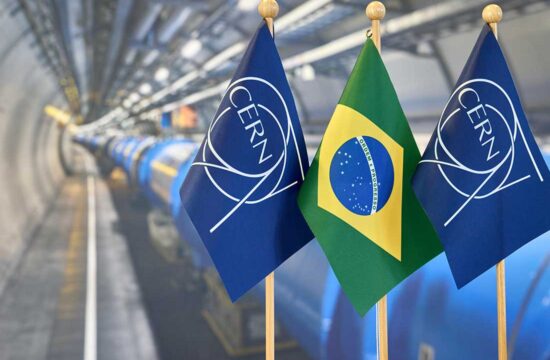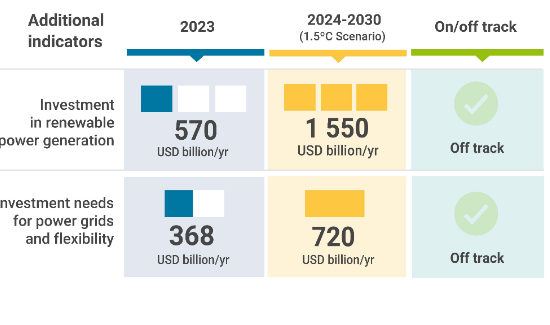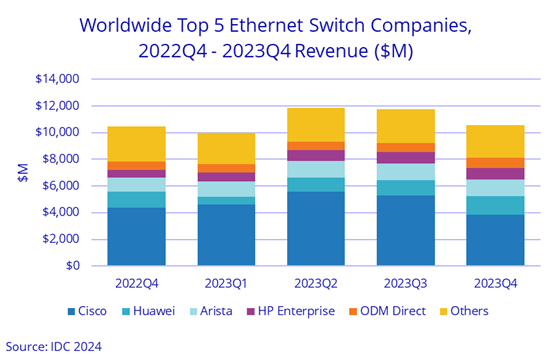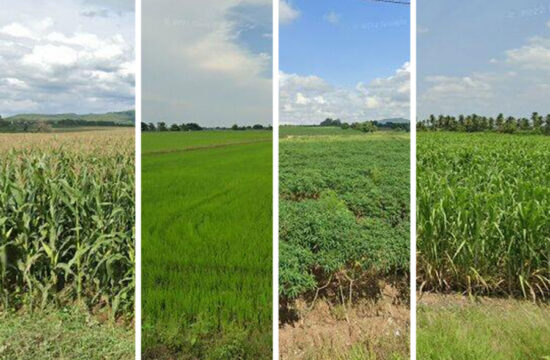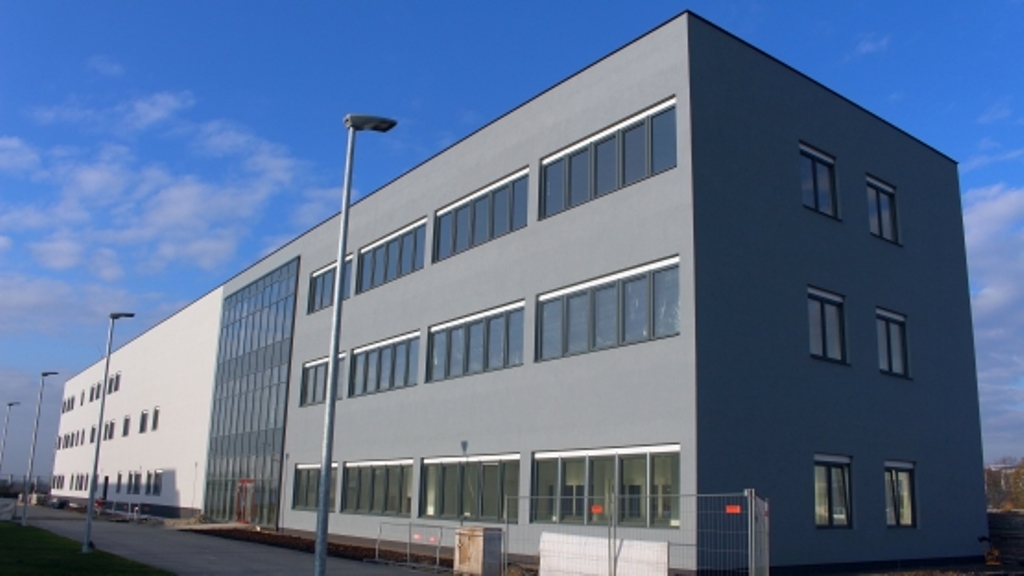 The International Atomic Energy Agency (IAEA) Director General Yukiya Amano today inaugurated a new laboratory building that will be used for scientific research on food and agricultural challenges.
The International Atomic Energy Agency (IAEA) Director General Yukiya Amano today inaugurated a new laboratory building that will be used for scientific research on food and agricultural challenges.
The event marks the conclusion of major construction in the project to upgrade the IAEA Nuclear Applications laboratories outside Vienna, Austria.
The inauguration of the Flexible Modular Laboratory (FML building is a major achievement in the project to renovate the IAEA laboratories.
“The modernization is a once-in-a-half-century project that will significantly improve the services we can offer our 170 Member States,” IAEA Director General Yukiya Amano said at an inauguration event in Vienna. “It will also help us to build recognition that peaceful nuclear technology belongs in the mainstream, he added.”
The FML building will house the Animal Production and Health Laboratory, the Food and Environmental Protection Laboratory and the Soil and Water Management and Crop Nutrition Laboratory.
Located in Seibersdorf about 40 kms from the city of Vienna, the three laboratories support Member States in building research and development capacity in the peaceful uses of nuclear science and technology.
Nuclear techniques can help increase livestock productivity, detect food fraud, combat transboundary zoonotic diseases, and improve soil and water management, among other objectives, and contribute to achieving the Sustainable Development Goals.
The IAEA Seibersdorf facility opened its doors in 1962 with fewer than 40 staff members and has since significantly expanded in size as demands for services increased. The eight Nuclear Applications laboratories now employ more than 200 staff and train over 250 scientists from around the world each year.
The IAEA started the modernization of its laboratories in 2014 with the construction of new buildings and the upgrade of equipment and infrastructure. The Renovation of the Nuclear Applications Laboratories (ReNuAL and ReNuAL+) projects have so far raised over €32 million in extra-budgetary funds plus in-kind contributions from different donors, including 34 IAEA Member States.
Last year, the project reached a milestone with the inauguration of a new Insect Pest Control Laboratory building that helps countries apply a nuclear technique to combat agricultural pests and mosquito vectors of diseases such as Zika and malaria.
Thanking Member States for their contribution to the ReNuAL project, Director General Amano said much work still lies ahead in the coming years to upgrade laboratories that will remain in existing buildings at the site. “I know that I can count on Member States to help us see this hugely important project through to completion,” he added.


